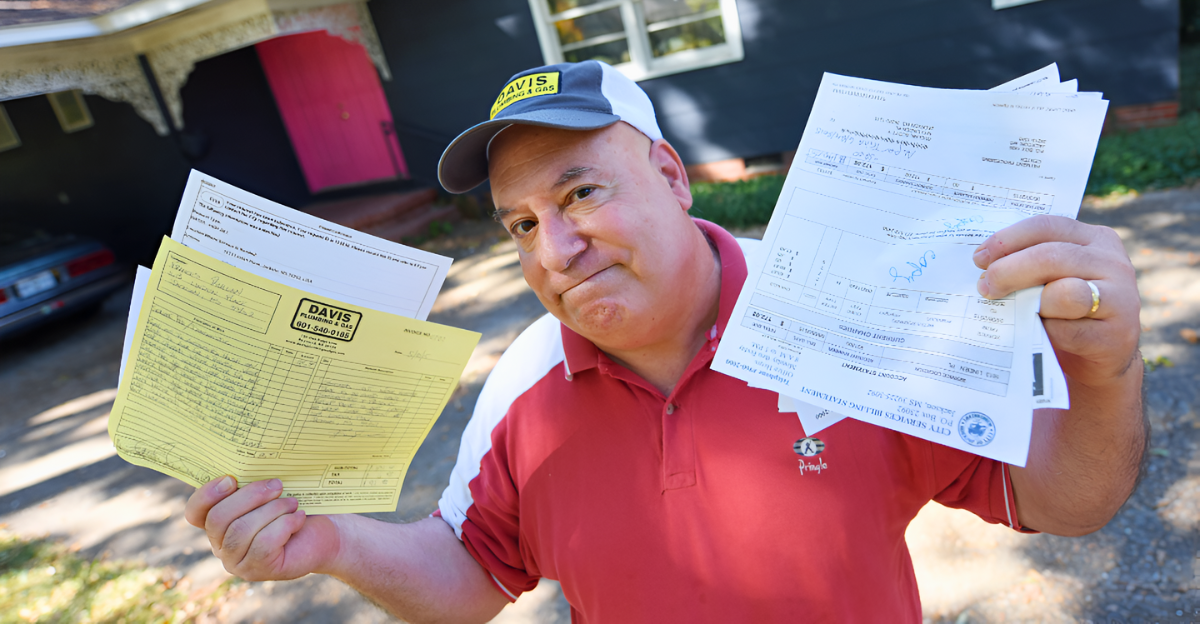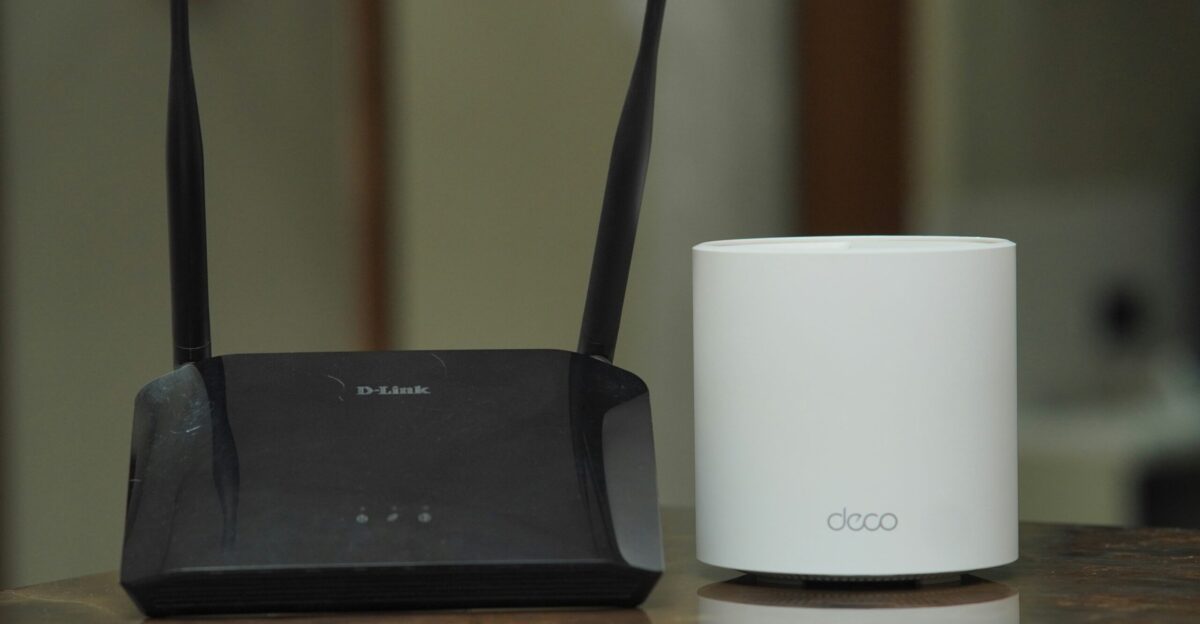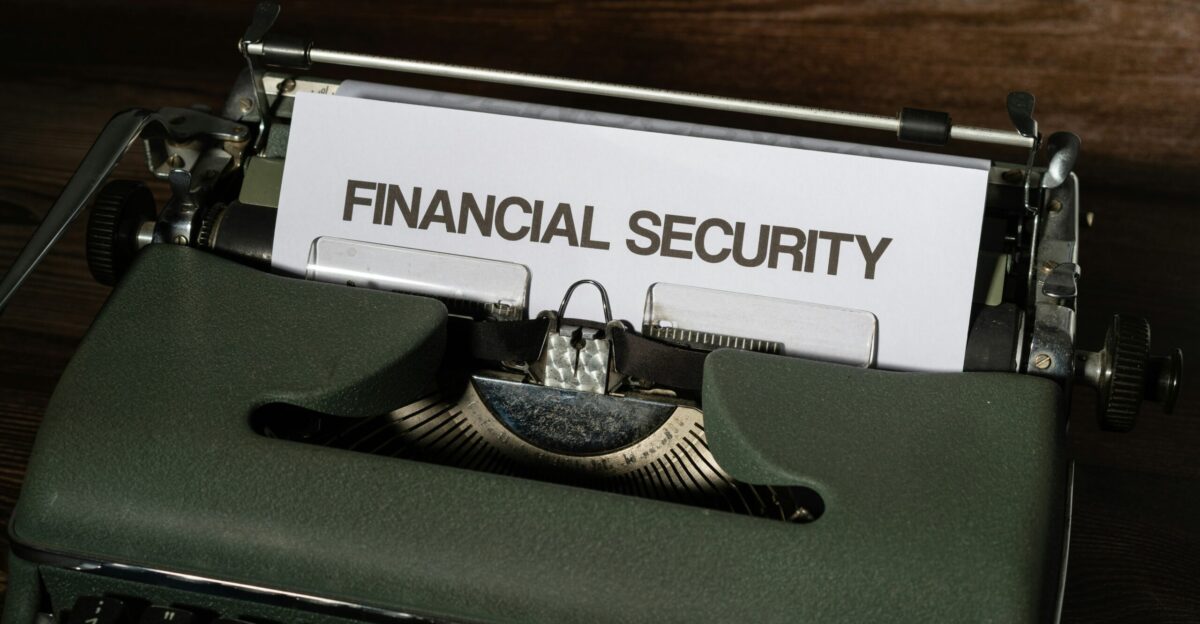
Millions squander their hard-earned cash on unnecessary charges that bring little to no value yearly. Every year, the twists? These fees have a way of appearing as essentials, yet silently suck up hundreds or even thousands of dollars annually.
For example, Americans spend up to $1,500 annually on unnecessary wireless data plans they barely utilize.
It’s not bad budgeting; it’s a psychological trap based on convenience, habit, and fear of missing out. Knowing these wasteful bills is the first step to financial freedom. Let’s talk about six bills you must eliminate this year to regain your money and sanity.
1. Overpriced Wireless Data Plans

Unlimited data plans are a dream come true, but to most users, they’re a budget nightmare. Studies show that 76% of Americans have unlimited plans, yet 63% use less than 15 GB of monthly data.
This waste costs you money for data you never utilize, primarily because Wi-Fi is accessible anywhere. The average wireless waste is about $1,500 annually. The smart move? Take an in-depth look at your data plan or usage and select a plan that fits your needs.
Making this single switch could save you a lot of cash, and you would not be giving up any connection.
2. High Definition Television Packages

High definition cable or satellite television packages are dinosaurs.
Streaming content provides on-demand, personalized programming for a fraction of the cost, and paying dollars for clunky cable packages is an outdated expense. Most people pay for channels they never watch, unnecessarily increasing their bills.
Based on present trends, cord-cutting has gone viral as consumers hunt for value and flexibility. Cutting premium cable not only saves money but also gets rid of screen clutter that impedes mental clarity and focus. The future is lean, customized, and affordable.
3. Gym Memberships You Don’t Use

High-end gym memberships are apt to lure consumers with visions of fitness and well-being, but inaction turns them into money pits. Many individuals pay monthly and never visit the gym, driven by guilt or complacency.
The truth is, bodyweight exercises and jogging outdoors offer the same advantages at no cost. Canceling unused gym memberships is a simple step toward reducing waste and regaining control of your money.
It is congruent with behavioral economics concepts: reducing sunk costs has the effect of breaking undesirable habits and promoting more intelligent fiscal decision-making.
4. Subscription Overload

Subscription plans, meal kits, and online publications are designed to be convenient but have the power to snowball into a budget catastrophe overnight. Subscribers unknowingly forget their subscriptions and pay for services they no longer need or use.
Financial planners report subscription fatigue is running amok, with some individuals spending hundreds of dollars annually on unused or forgotten services. Performing a subscription audit and eliminating duplicates or unused ones can yield unexpected savings.
The habit also cultivates conscious consumption, where attention turns to quality rather than quantity.
5. Extended Warranties

People market warranties as insurance against repair bills down the road, but they seldom pay off. Statistics indicate that most products either don’t break during the warranty term or fixes cost less than the warranty.
These additions balloon your initial buying price and lock you into unwarranted spending. Instead, investing in an emergency fund for upkeep makes more sense and is more cost-effective.
Forgoing extended warranties saves wastage and lets you manage risks yourself instead of shelling out additional money for peace of mind.
6. Premium Brand Groceries and Skincare

Most people equate price and quality, particularly in skincare and groceries, but generic versions are typically as effective and safe as branded versions. The FDA requires generic drugs to be as effective as their branded counterparts, and generic groceries can be 30-50% cheaper without sacrificing quality.
This myth causes automatic overspending on name-brand products. Switching to generics saves money but defies the marketing-myth assumption based on higher spending, which means better outcomes. This shift can save thousands of dollars annually without sacrificing quality.
The Psychological Cost Of Thoughtless Spending

Cutting unnecessary bills is not about cash; it’s a psychological liberation. Every extraneous charge whittles away your ego and nurtures stress, worry, and decision fatigue.
Behavioral economics shows how one-click charges, especially those hidden in paperwork or automatic renewals, create a “set it and forget it” mindset that numbs our financial awareness.
This mental fogginess can lead to poor money habits and a diminished capacity to zero in on high-priority goals. You regain money, mental clarity, and power by canceling unnecessary bills, enabling more wise decision-making and a more positive relationship with your money.
Building A Sustainable Financial Future

Removing unnecessary bills is not about cost-cutting in the short term; it is about developing a solid, secure financial future based on conscious spending and being deliberate around where your money goes.
There is a significant difference between having a ” spend at-will” mentality and being intentional about investing in your dreams and values. That type of mindset protects you from economic shocks and empowers you to invest in life-altering experiences such as education, travel, or retirement.
Conversely, conscious spending provides discipline from impulsive behaviour and promotes good budgeting habits.
Cutting Waste, Reclaiming Power

Canceling unnecessary bills isn’t deprivation, it’s conscious living. Every dollar you save is in your pocket, not siphoned off by sloth or corporate ingenuity. As subscription services become more prevalent and companies employ increasingly clever tactics to keep your credit card churning, your most valuable friend is watchfulness.
Check your bills, scrutinize every recurring charge, and don’t be afraid to jettison. The second-order benefit? Greater financial freedom, reduced stress, and a clearer understanding of what adds value to your life. The era of passive spending is over. Get your wallet and future back.
